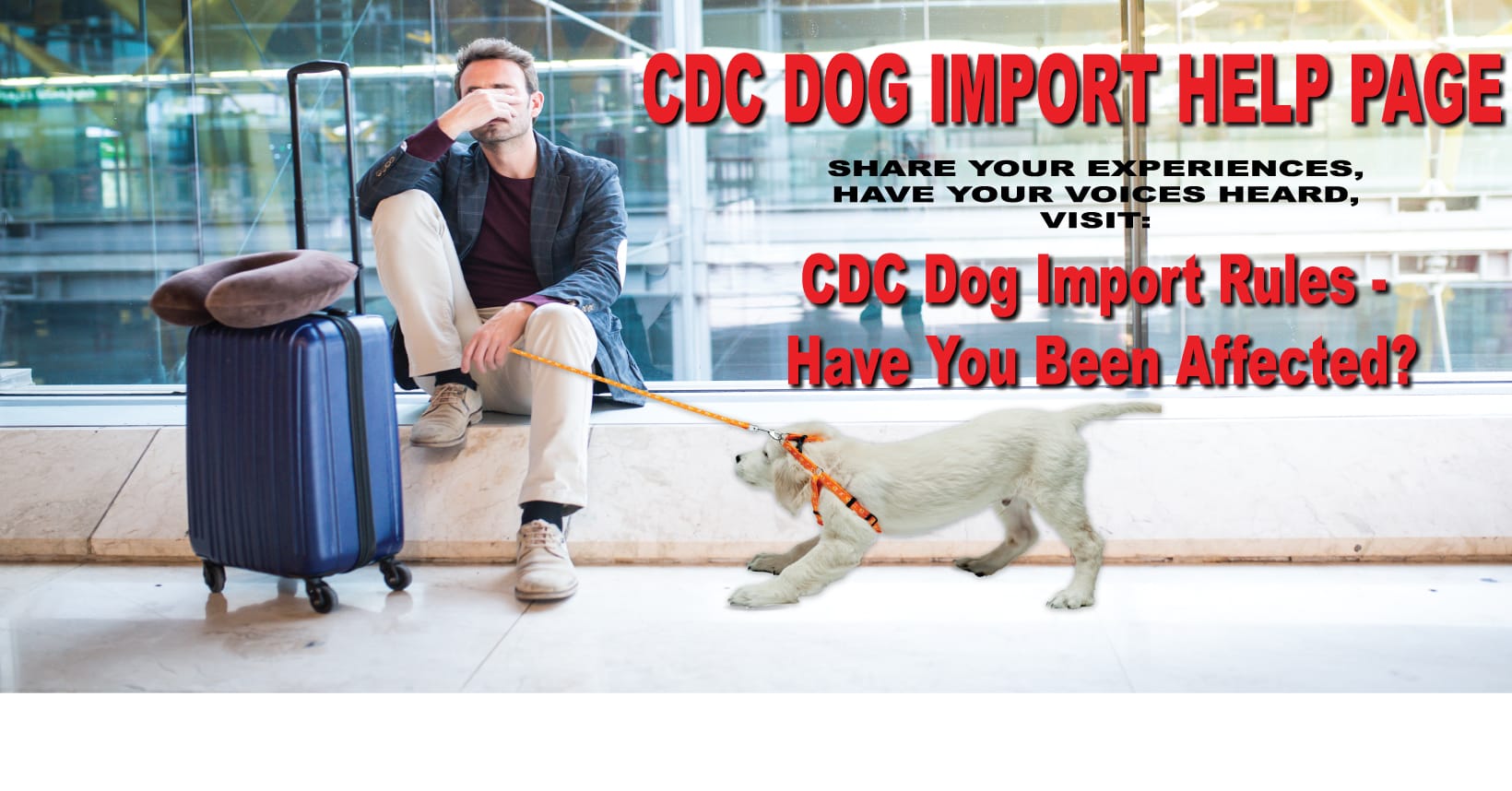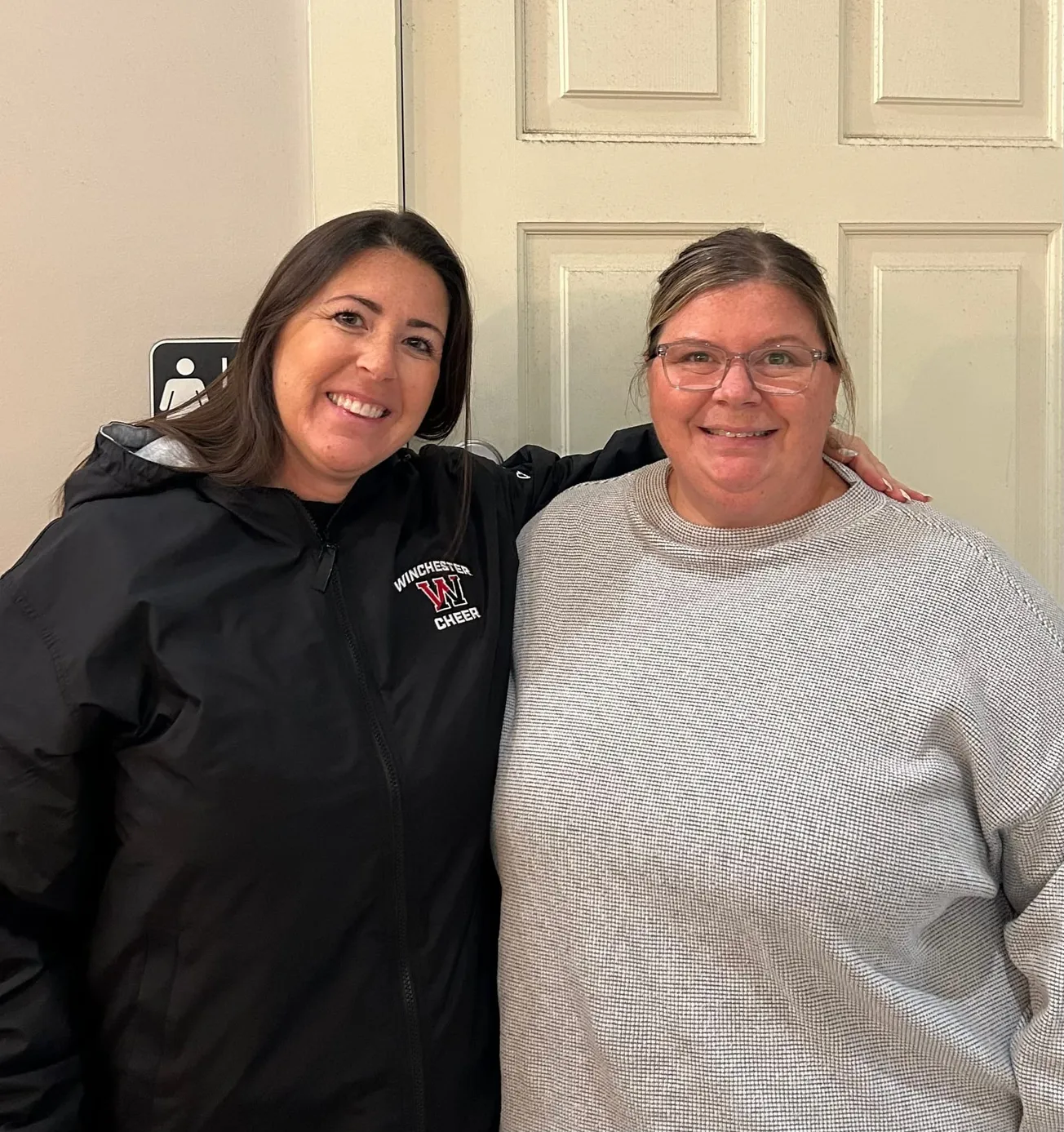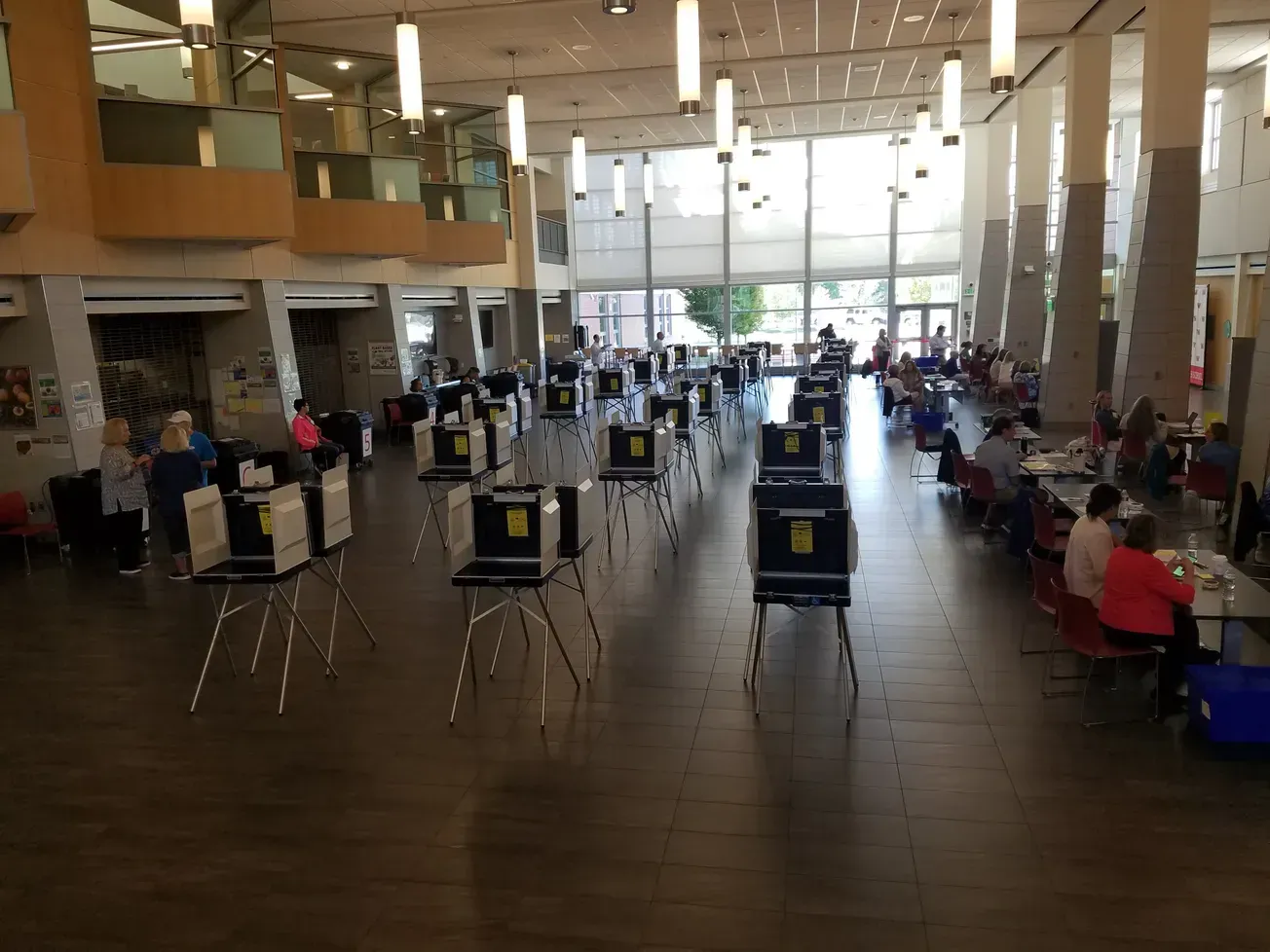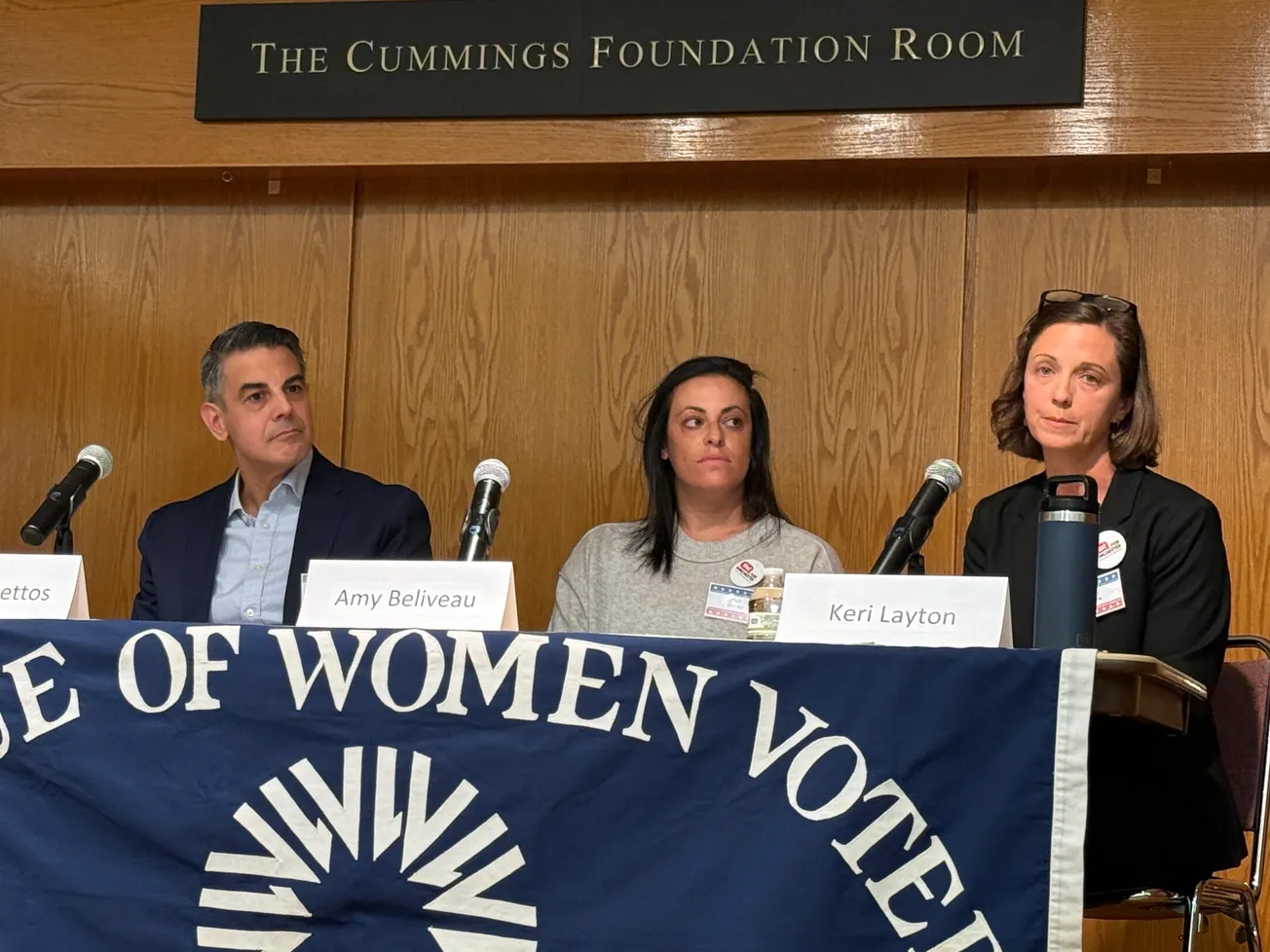Table of Contents
Thinking of rescuing a puppy from outside the country? Well, you’re too late. As of Aug. 1, a federal regulation bans dogs from entering the U.S., but local resident Aaron Katz is challenging that rule.
According to the Centers for Disease Control and Prevention’s new law, “dogs that have spent the prior six months only in dog rabies-free or low-risk rabies countries will be able to enter the United States with a CDC Import Form online submission receipt as acceptable documentation.”
Copley Street resident Katz and his wife, Andrea, adopted a street dog on the Caribbean island of St. Lucia in April, and when he heard about the new law, he put his attorney hat on and is using a court strategy of filing several lawsuits on behalf of other dog lovers and rescue organizations.
Next week, for instance, he’s representing a rescue group in Tampa and also a Michigander who wants to adopt a long-haired Dutch shepherd, a rare breed bred only in France, Germany and the Netherlands, which Katz points our are all rabies-free countries.
In June, he filed his first lawsuit against the CDC on behalf of local rescue groups and the Boston Globe wrote an article about him.
“That created awareness,” says Katz. “Other plaintiffs heard about it on Facebook,” where there’s a 7,000-member group called CDC Dog Import Help.


“Doby became an unexpected addition to our family,” says Katz’s wife Andrea. “It’s heartbreaking to think what would have happened to him if he was left on the street.”
And it’s a law that affects puppy owners who want to take their pet to Canada, for instance, says Katz.
“If you cross the border for only two hours, you can’t bring the puppy back into the U.S.,” he says. “And this affects foreign service members as well.”
The law is an attempt to keep rabies from coming into the U.S., where rabies was eliminated in 2007. But Katz points out the ban keeps out puppies from other rabies-free countries.
Katz would like to get as many folks involved as possible, and urges them to call their senators and congress member.
“It’s a bipartisan issue, with legislators from both sides” hoping to get the ban rescinded.









